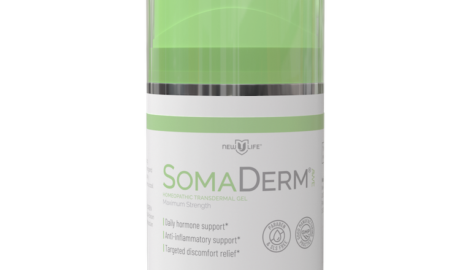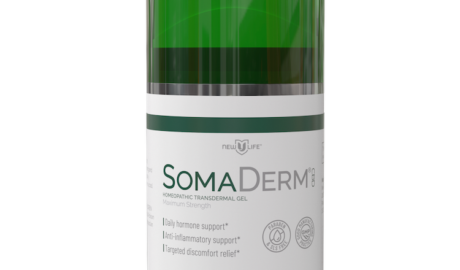No products in the cart.
ThisisonSale Presents: SomaDerm, SomaDerm CBD, & SomaDerm AWE (by New U Life)
Video Player
Welcome to the world of Somaderm Gel – the revolutionary and life-changing product that has been transforming the lives of people all over the world! If you are ready to take control of your health and unleash your full potential, Somaderm Gel is the perfect product for you. Here’s why:
Somaderm Gel is an advanced scientific formulation created to support your body’s natural growth hormone production. Somaderm is based on the latest research and technology in the field of nutritional supplements and is designed to help you feel and look your best.
When you use Somaderm Gel, you may experience a host of amazing benefits, including increased energy and vitality, improved muscle tone, enhanced cognitive function, and more youthful-looking skin. Whether you are an athlete, a busy executive, a stay-at-home mom, or anyone else who wants to feel their best, Somaderm Gel is the perfect product for you.
This revolutionary product is made from natural, high-quality ingredients that are carefully selected to support your body’s optimal health and performance. The gel is free from synthetic hormones, harmful chemicals or additives, so you can be sure that you are using a safe and effective product that is good for your body and your overall health.
Somaderm Gel is incredibly easy to use, and our customers absolutely love the results they achieve. Simply apply the gel to your skin every day, and let the powerful formulation do the rest. Our customers report feeling more energetic, leaner, stronger, and more alert after using our product, and you may experience these same benefits too.
New U Life the company behind the Somaderm Gel, believes that everyone deserves to live their best life possible, and this product is designed to help you do just that. Whether you are looking to improve your athletic performance, restore your youthful vitality, or simply feel more alive and energetic, Somaderm Gel is the perfect product for you.
So don’t hesitate – order your Somaderm Gel today and experience the incredible benefits for yourself! We are confident that you will love it as much as our hundreds of thousands of satisfied customers all over the world.
Articles and Publications













